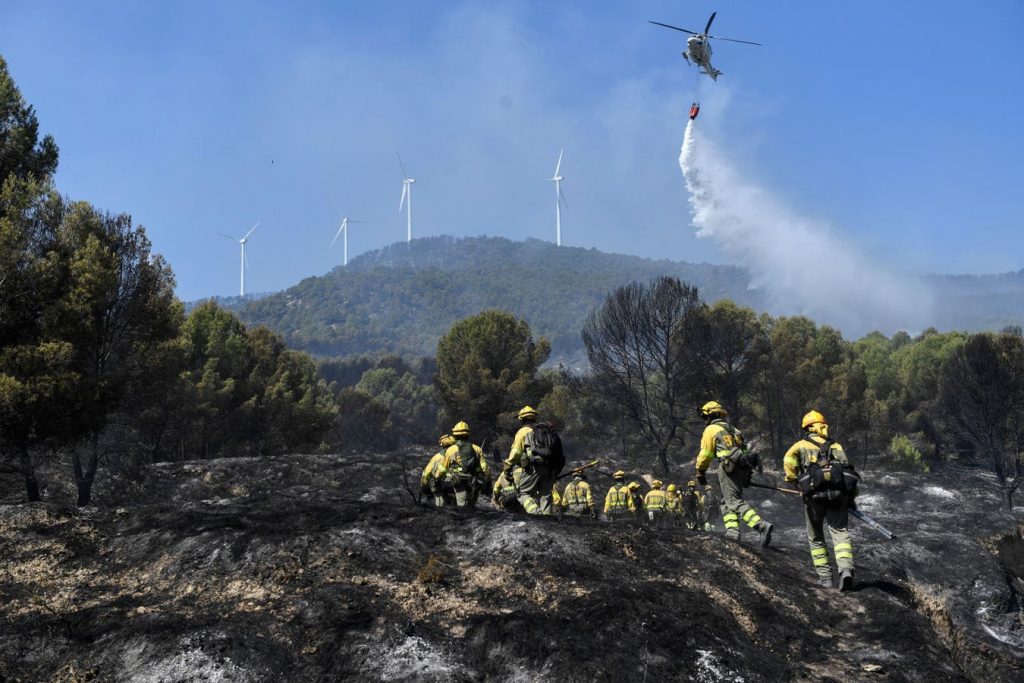A recent report has shed light on the fact that financial institutions are continuing to finance climate change despite the increasing frequency of extreme weather events and their impacts. The funds being directed towards fossil fuels are hindering the transition to a low carbon economy, leading to concerns that financial institutions are essentially banking on climate chaos. Over the past seven years, the world’s top 60 private banks have provided $7.1 trillion in financing to fossil fuels, with nearly half of this amount going towards fossil fuel expansion, despite the fact that new fossil fuel projects are not compatible with achieving net zero emissions by 2050.
The Banking on Climate Chaos (BOCC) report analyzes the financial support that banks are providing to fossil fuel companies, serving as a barometer of the financial system’s alignment with climate goals – or lack thereof. The report covers lending and underwriting activities of the top 60 banks to over 4,200 fossil fuel companies, including those contributing to the degradation of the Amazon and Arctic regions. The report has highlighted how banks prioritize profits over concerns for the environment and human rights, with $349 billion being funneled into companies involved in the expansion of fossil fuels in 2023 alone.
Among the worst offenders in terms of financing fossil fuels are JP Morgan Chase, which provided $41 billion to fossil fuel companies in 2023, and Mizuho, which ranked second in both fossil fuel financing and financing for the expansion of fossil fuels. Citibank has been identified as the worst funder of fossil fuel expansion since the Paris Agreement, having provided $220 billion in financing since 2016. Banks have been found to be supporting the most climate-damaging fossil fuel practices, such as tar sands extraction, ultra deepwater offshore drilling, fracking, and coal mining, as well as harmful practices in sensitive biomes like the Arctic and Amazon.
The report also highlights how some banks are increasing their exposure to climate risk by rolling back already weak policies on fossil fuel financing. For example, Bank of America, which ranks third on the list of worst fossil fuel funders, has dropped exclusions on Arctic drilling, thermal coal, and coal-fired power plants, and has failed to disclose energy ratios and set near-term emission targets. The phenomenon of greenwash remains a significant concern in the financial sector as consumers increasingly seek to invest ethically, only to unknowingly support providers with poor environmental records.
There is a significant disconnect between what consumers desire from their investments and the actions of banks, who continue to fund projects that contribute to climate change. The need for regulatory certainty, stability, predictability, and incentives aligned with climate-positive action is imperative to drive effective transition towards a low carbon economy. The current approach taken by financial institutions does not match the reality of the urgent need for climate action, and other banks are encouraged to follow the lead of organizations like Triodos Bank UK in committing to funding a future that is not reliant on fossil fuels.













